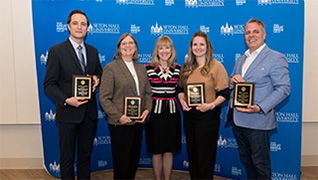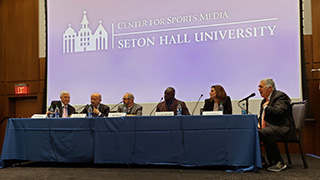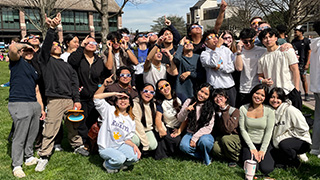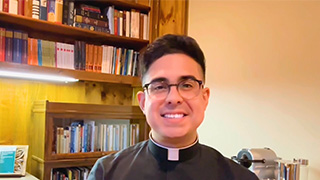Rose Mercadante Seminar Series
Monday, March 21, 2016
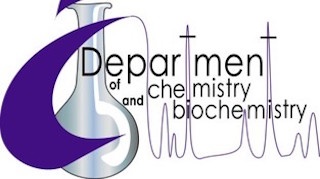
Normal cellular physiology is maintained by the coordinated action of the chaperome, a network of molecular chaperones as well as co-chaperones and folding enzymes that assist in their function. When under the insult of stress, such as is malignant transformation or the process of neurodegeneration, the chaperome becomes modified to appease, in each diseased cell, the specific demand of proteome malfunctions. As such, these cells express, in addition to the housekeeping chaperome, a stress chaperome species dedicated to controlling the altered proteome. By using innovative methods, we develop small molecule chemical tools specifically targeted to the stress chaperome; these act as “sensors” of the chronic stress, and in turn, of the chronic stress-associated proteome. I will discuss how by the use of these unique tools we aim to understand, diagnose and treat cellular processes associated with chronic stress.
Dr. Gabriela Chiosis received her graduate training at Columbia University in New York and joined Memorial Sloan-Kettering Cancer Center in 1998, first as a fellow and, since 2005, as faculty. She has authored over 130 scientific articles which were published by virtually all well respected scientific and medical journals, holds over 100 patents and patent applications which are related to the discovery of novel compounds as therapeutic agents or diagnostics in human medicine, is serving as a reviewer for over 50 well-known scientific and medical magazines and on scientific panels for the National Cancer Institute, the National Toxicology Program, the National Institute of Aging, the Susan G. Komen for the Cure Breast Cancer Foundation, and the Department of Defense Congressionally Directed Medical Research Program. She is also a co-founder of and Chief Scientific Officer at Samus Therapeutics, and also serves on its Board of Managers. Novel compounds and diagnostics discovered by her lab are the platform for the development of inhibitors currently in clinical evaluation in patients with advanced cancers.

